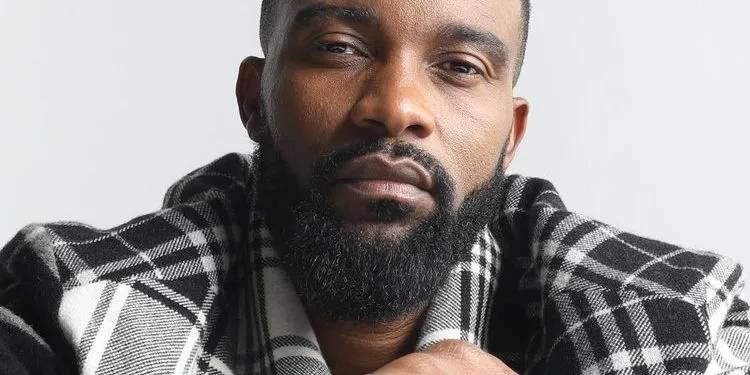Kinshasa, DR Congo – Fally Ipupa has pleaded with the diaspora community of his country, the Democratic Republic of the Congo, not to protest at his upcoming concerts in Europe. A luminary in the DRC’s music scene, Ipupa is no stranger to the spotlight. With chart-topping hits and exhilarating live performances, he has amassed a massive following not only in his home country but also across the globe. However, the artist’s shows have not been without controversy, often entangled with political tensions that have spilled over into chaos.
One notable incident took place last year when Ipupa was set to perform in the heart of the DR Congo, Kinshasa. His popularity proved overwhelming, and the Stadium of Martyrs became overcrowded, leading to a tragic crush. Initial government reports claimed that 11 individuals lost their lives, but discrepancies in this figure left the incident shrouded in uncertainty.
Fally Ipupa has found himself in the news on several occasions due to his concerts. Notably, his 2020 performance in France witnessed violent riots outside the venue in Paris, with protesters setting fires and causing disturbances. The common thread linking these events is politics and the role of the Congolese diaspora in attempting to prevent artists like Ipupa from performing in Europe as a means of protesting against politicians in their homeland.
Ipupa’s Plea: Focusing on Music Over Politics
Members of the diaspora have accused major Congolese musicians of being too cosy with political elites and of failing to speak out against the rampant abuses taking place in DR Congo. These artists have often been seen as complicit in a system that many believe has wrought immense suffering on the Congolese population.
Fally Ipupa is gearing up to perform in London for the first time in December, coinciding with scheduled elections in DR Congo. Ipupa and his management assert that an agreement has been brokered with sceptical Congolese communities, and he is now set to perform in Paris and Brussels as well.
Speaking on the BBC’s This is Africa, artist emphasised that he is primarily a musician and not a political figure. “Most people know now that I don’t do political things. I am just a musician, and they have realized that you cannot punish your child all his life,” he states. While Ipupa acknowledges the grievances of those who have boycotted his concerts, he believes it’s time to shift the focus away from politics and towards supporting DR Congo’s vibrant music industry.
An Optimistic Vision: Reviving Congolese Music’s Global Presence
Ipupa expresses empathy for those who have chosen to boycott his shows in the past. He acknowledges that political injustices are occurring in DR Congo and understands the need to raise awareness. However, he firmly believes it’s time to move forward. “But now the time has come to say, look guys, we have punished the artists, we have slowed down Congolese culture, and it’s time to show the world that we have very, very strong music,” Ipupa asserts.
Congolese music has indeed faced challenges, losing its foothold in Europe to musical styles from Nigeria, Ghana, and Jamaica. Nigerian Afrobeats artists have become the headliners at major venues that were once dominated by Congolese artists a decade ago. Nonetheless, Fally Ipupa remains confident that this can change. “Congolese music is one of the most beautiful and rich; we have many talented artists. So if our brothers and sisters in Europe say no more blocking of Congolese music in Europe, trust me, we’re going to take our place in the world,” he passionately affirms.
Fally Ipupa’s journey reflects the complex interplay between art, politics, and the diaspora, and his upcoming shows in Europe may mark a new chapter in the story of Congolese music. As he seeks to bring his vibrant music to a global audience, his message is clear: it’s time to put politics aside and let the world rediscover the richness of Congolese culture.
Not the only African diaspora
The DR Congo diaspora is not alone in protesting artists who appear to be in support of oppressive systems in their country. The Cameroonian diaspora, under the banner of the Brigade Anti-sardinard, has protested and boycotted several Cameroonian artists, disrupting their concerts. The most recent was that of Grace Decca, a Cameroon music icon, whose concert in Leicester was disrupted by the BAS.



